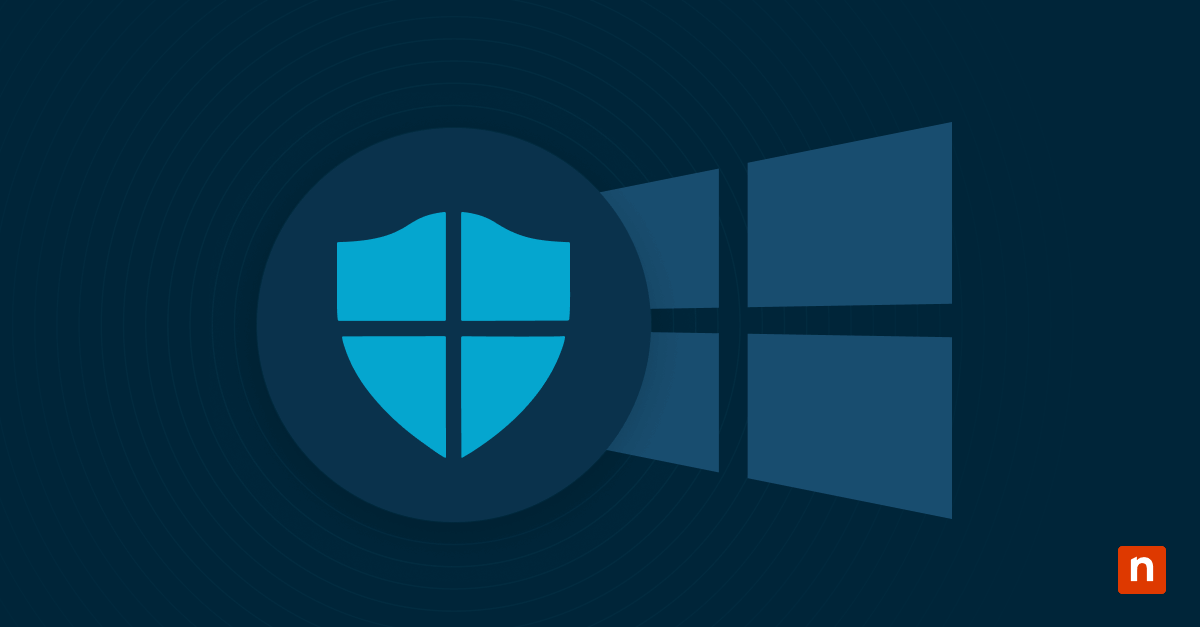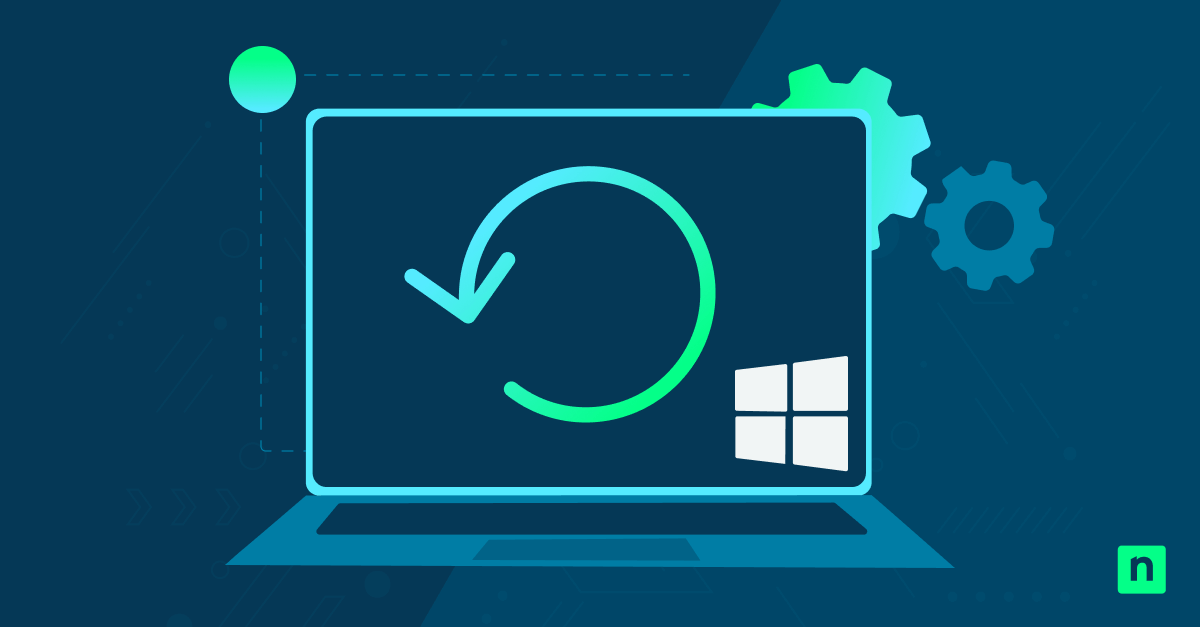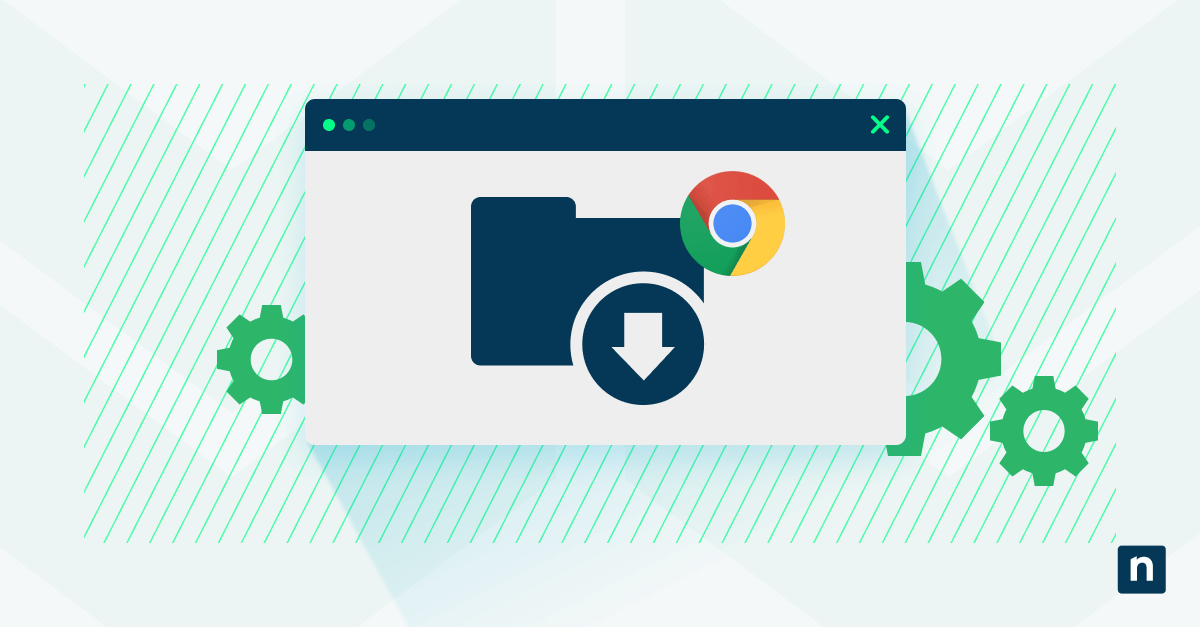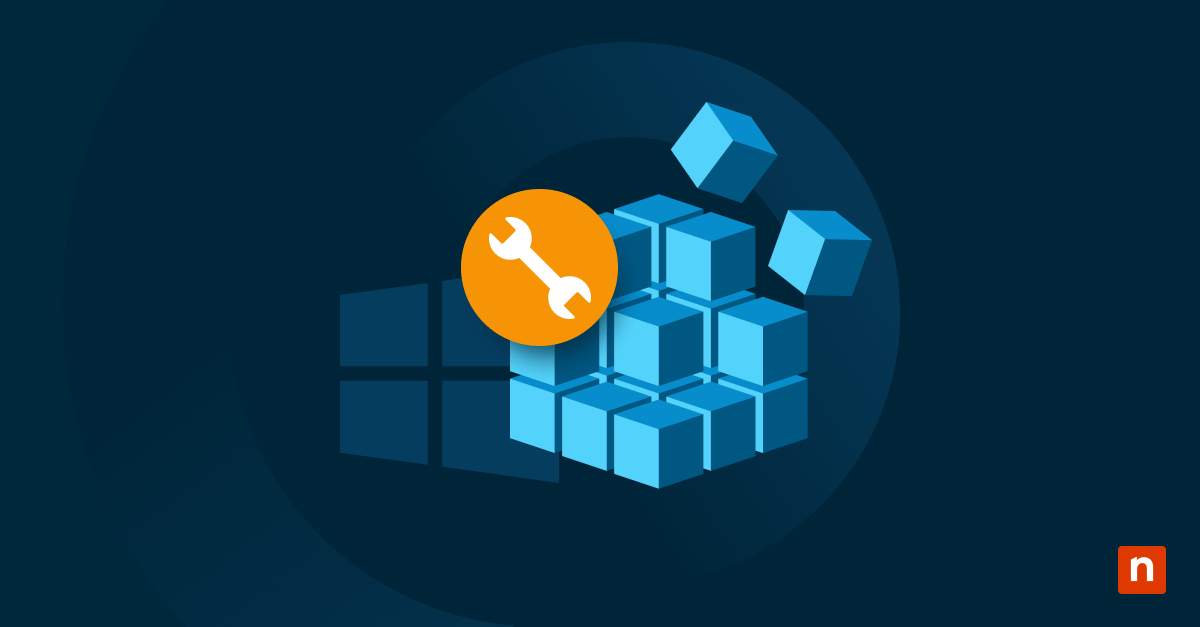Full stack development stands at the forefront of today’s IT sector, serving as a cornerstone for businesses and tech professionals alike. This multifaceted discipline combines both front-end and back-end development, offering a holistic approach to creating, managing, and deploying web applications. Its significance cannot be overstated, as it enables the creation of comprehensive, efficient, and scalable software solutions.
The essence of why full stack development matters extends beyond the technical realm – it embodies the convergence of technology and business needs, ensuring that organizations can swiftly adapt to market changes and consumer demands.
For enthusiasts and professionals alike, understanding full stack development is not just about mastering coding skills – it’s about gaining a strategic view of digital product creation and the lifecycle management that drives today’s tech-driven economy. This primer aims to unravel the complexity of full stack development, illustrating its pivotal role in shaping the future of digital solutions.
Full stack development: An overview
Full stack development refers to the practice of developing both the client and server sides of an application. This approach requires a broad skill set, allowing developers to work on the frontend, backend, database, and debugging of web applications. By mastering a variety of coding languages and technologies, full stack developers are capable of building complete web applications from scratch.
The concept of full stack development has evolved significantly with the advent of new technologies and programming languages. Initially, web development was divided into niche areas of expertise.
However, as the complexity and functionality of web applications have grown, the demand for developers who understand the entire spectrum of development – from concept to deployment – has increased. This evolution underscores the critical role full stack development plays in modern software engineering, adapting to changing technologies while maintaining a broad overview of the application landscape.
Full stack development’s versatility makes it applicable across various industries, from tech startups to large corporations. Its universal appeal lies in the ability to rapidly prototype, develop, and deploy applications that meet specific business needs, regardless of the industry. This adaptability ensures that full stack development remains a valuable and sought-after skill in the global market.
Importance of full stack developers
Full stack developers are invaluable in bridging the gap between front-end and back-end development, ensuring cohesive and efficient project outcomes. They possess the unique ability to translate user requirements into technical solutions, facilitating smooth communication between different development teams. This role is crucial for integrating the visual elements with server-side logic, making web applications functional and user-friendly.
The essential skills of a full stack developer include proficiency in:
- Front-end languages (HTML, CSS, JavaScript): These are the building blocks of web development, enabling the creation of interactive and visually appealing user interfaces.
- Back-end languages (Node.js, Python, Ruby): These languages are used to develop the logic behind applications, handle data, and ensure the server, application, and database communicate effectively.
- Database management (SQL, MongoDB): Understanding database management is key for storing, querying, and manipulating data, ensuring information is accessible and secure.
- Version control systems (Git): Version control is essential for tracking and managing changes to code, allowing teams to collaborate more effectively and roll back when necessary.
- Basic design skills (UI/UX principles): These skills help developers create intuitive and engaging user experiences, a critical aspect of making applications accessible and enjoyable to use.
Beyond technical skills, full stack developers play a pivotal role in project management. They oversee projects from conception to completion, ensuring that all aspects of development align with the project goals.
Their comprehensive understanding of both client and server-side development allows them to anticipate issues, manage resources efficiently, and lead cross-functional teams toward successful project delivery. This comprehensive oversight ensures projects are delivered on time and within budget.
Key components of full stack development
- Front-end development: Involves creating the visual and interactive elements of a website or application. Key technologies include HTML, CSS, JavaScript, and frameworks like React and AngularJS.
- Back-end development: Focuses on server-side logic, database management, and application architecture. It involves languages such as Node.js, Python, and Ruby, and frameworks like Express.js and Django.
- Database management: Essential for storing, retrieving, and manipulating data. Full stack developers must understand database querying languages like SQL, as well as NoSQL databases like MongoDB.
- Server, network, and hosting environments: Understanding the deployment environment is crucial for optimizing performance and ensuring application security. Knowledge of cloud services (AWS, Google Cloud), server configuration, and network security protocols is vital.
- Essential soft skills: Communication, problem-solving, and project management are key soft skills for full stack developers. These skills enable them to lead projects effectively, collaborate with team members, and resolve issues creatively.
The role of full stack developers
- Responsibilities and tasks: Full stack developers are responsible for designing user interactions on websites, developing servers and databases for website functionality, and coding for mobile platforms. Their day-to-day tasks include writing front-end and back-end code, debugging applications, and ensuring user experience and functionality.
- Skills and knowledge required: A comprehensive skill set is required, encompassing both technical and soft skills. This includes proficiency in multiple programming languages, an understanding of software development methodologies, and the ability to work in agile and DevOps environments.
- Adapting in agile and DevOps environments: The role of full stack developers is continually evolving, especially in agile and DevOps contexts. They must adapt to rapid development cycles, continuous integration and deployment (CI/CD) practices, and collaborative team structures, ensuring that they can contribute effectively to fast-paced and dynamic project environments.
Benefits of full stack development
- Efficiency and cost-effectiveness: By consolidating the development process under the expertise of full stack developers, businesses can achieve greater efficiency and reduce costs associated with managing separate front-end and back-end teams.
- Versatility and adaptability: Full stack developers are adept at navigating the rapidly changing technology landscape, making them invaluable for businesses looking to innovate and adapt to new trends.
- Competitive advantage: The ability to develop comprehensive solutions rapidly gives businesses a competitive edge, enabling them to launch innovative products and services ahead of their competitors.
- Unified and streamlined methodology: Full stack development champions a cohesive approach to application development, optimizing both user experience and backend functionality.
- Reduced cross-team dependencies: Full stack developers minimize the need for intricate coordination between teams, enhancing project efficiency.
- Increased flexibility, efficiency, and productivity: The capability to transition between various tasks ensures adaptability, allowing full stack developers to address issues promptly and contribute significantly across all project phases.
- Accelerated product lifecycle: Full stack development methodologies shorten the time-to-market for new releases, allowing businesses to quickly adapt to market demands.
- Indispensable asset in software engineering: The comprehensive skill set of full stack developers is invaluable, ensuring the delivery of high-quality software solutions in a rapidly evolving tech landscape.
- Support for interactive and scalable applications: Modern frameworks and technologies like MEAN and MERN offer more efficiency and flexibility than traditional frameworks like LAMP, enabling the development of highly interactive and scalable applications.
Full stack development: Crafting the digital future
Full stack development is a methodology and philosophy that emphasizes the interconnectedness of web and application development components. It combines front-end and back-end development, enhancing the development process and enabling developers to create efficient, innovative, and user-centric solutions.
Full stack development goes beyond technical efficiencies – it emphasizes adaptability, comprehensive skills, and a deep understanding of the digital ecosystem. It is a transformative approach that guides businesses and developers toward a more integrated, responsive, and competitive digital future. It is a vital and revolutionary approach that shapes software engineering and sets the stage for the next phase of digital transformation.








